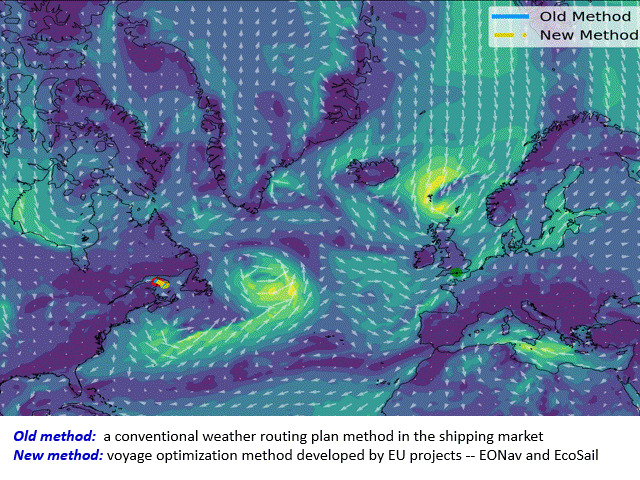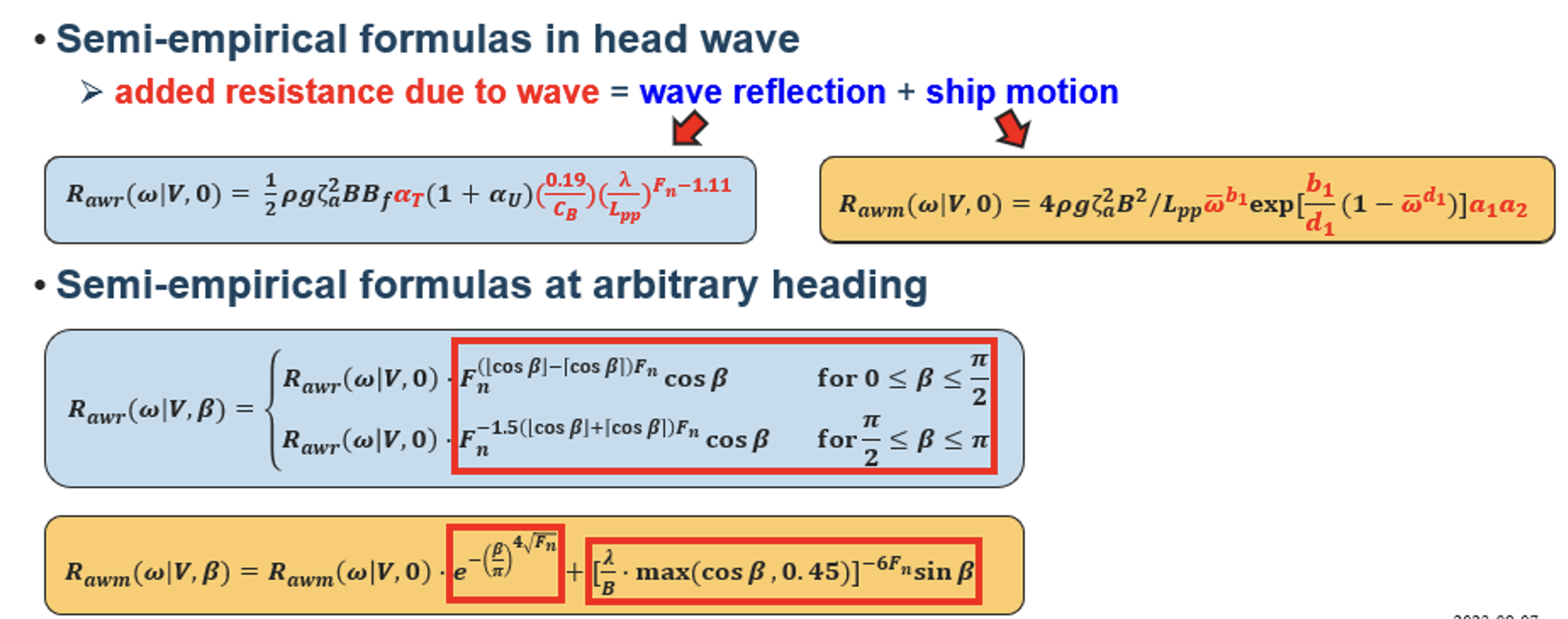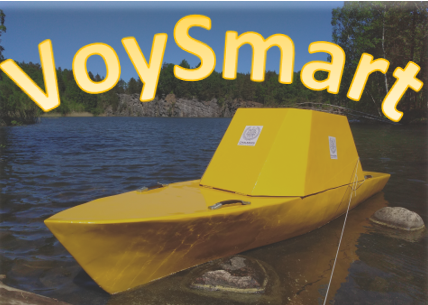Energy efficiency shipping#
Wengang Mao (毛文刚) #

PhD, Mathematical Statistics at Chalmers University of Technology (Sweden)
Msc, Naval Architecture and Ocean Engineering at Shanghai Jiao Tong University (China)
BA, Naval Architecture and Ocean Engineering at Tianjin University (China)
Research competences
* AI/Machine learning for shipping efficiency and safety
* Weather routing and voyage optimization
* Fatigue and fracture of offshore structures
* Autonomous shipping – manueuverability modelling and optimal control
* Statistical and BEM numerical analysis of wave loadings
* Ship energy system modelling
Research Outcomes by Examples#
The overall objectives of our research activities are to:
Develop models to estimate a ship’s fuel consumption and maneuverability
Develop models to describe the spatio-temporal correlation of metocean conditions encountered by ships
Develop optimization algorithms to plan a ship’s voyage with reduced fuel/emissions and enhanced safety & ETA
Develop innovative measures to increase ship energy efficiency
Develop control algorithms to automatically navigate a ship
1, Energy efficiency measures#
Optimization of ship resistance, engine load and propulsion efficiency
Control algorithm for CPP ship navigation
Electrifying ships with optimization speed and battery configurations
T1.1, Weather routing and voyage optimization#
Demo of a 3DDA voyage optimization algorithm developed by us through two EU projects!

T1.2, Machine learning + semi-emipircal enhanced ship energy performance models#


T1.3, IMO energy requirement and measures#

Autonomous shipping#
How to introduce uncertain models in MPC control algorithms
Kalmar filter or wavelet methods to get smooth u, v, r for maneuverability models of various ship propulsion systems
RNN+LSTM learning to predict real-time ship trajectories
Re-inforcement learning for near future path planning
Machine learning methods to predict and forecast a ship’s navigation behavior
Spatio-temporal modelling of metocean parameters#
SPDE models and conditional prediction for short-term weather prediction
Spatio-temporal modelling of wind and wave environments
Spatio-temporal/SPDE metocean models to assist ship navigation
Wave statistics to ship safety
Machine learning for maritime applications#
ML DCP method to split stationary sea states and their applications
Hybrid models for ship performance modelling
How to get baselines from ML analysis
ARIMA and LSTM for dynamic ship performance prediction (must be more accurate than ordinary machine learning methods)
